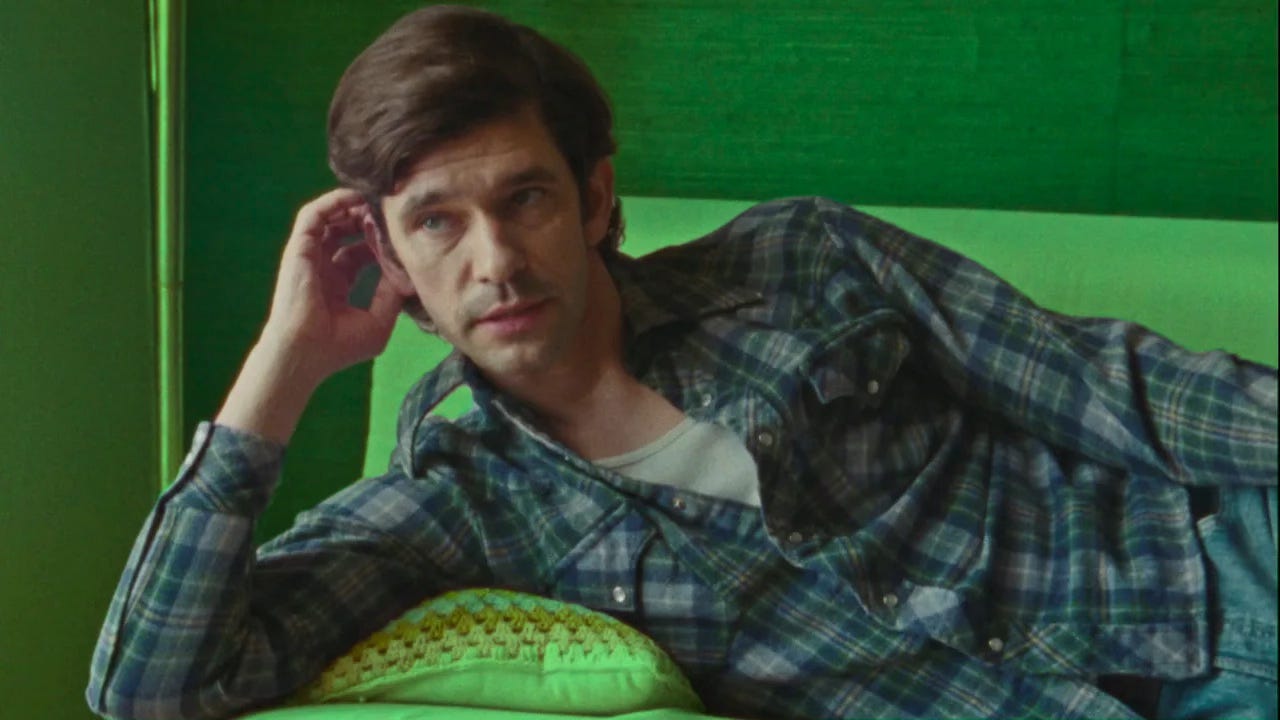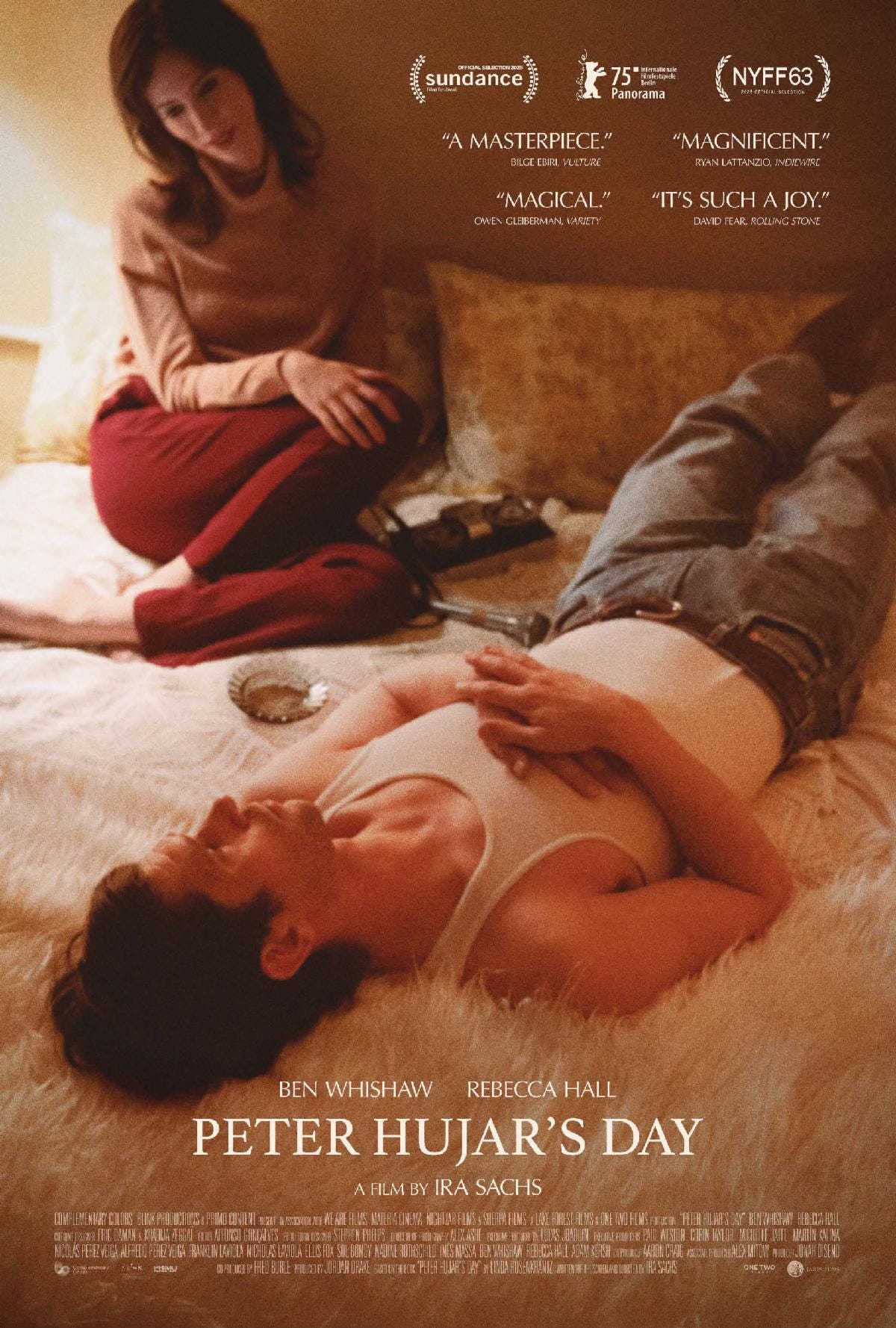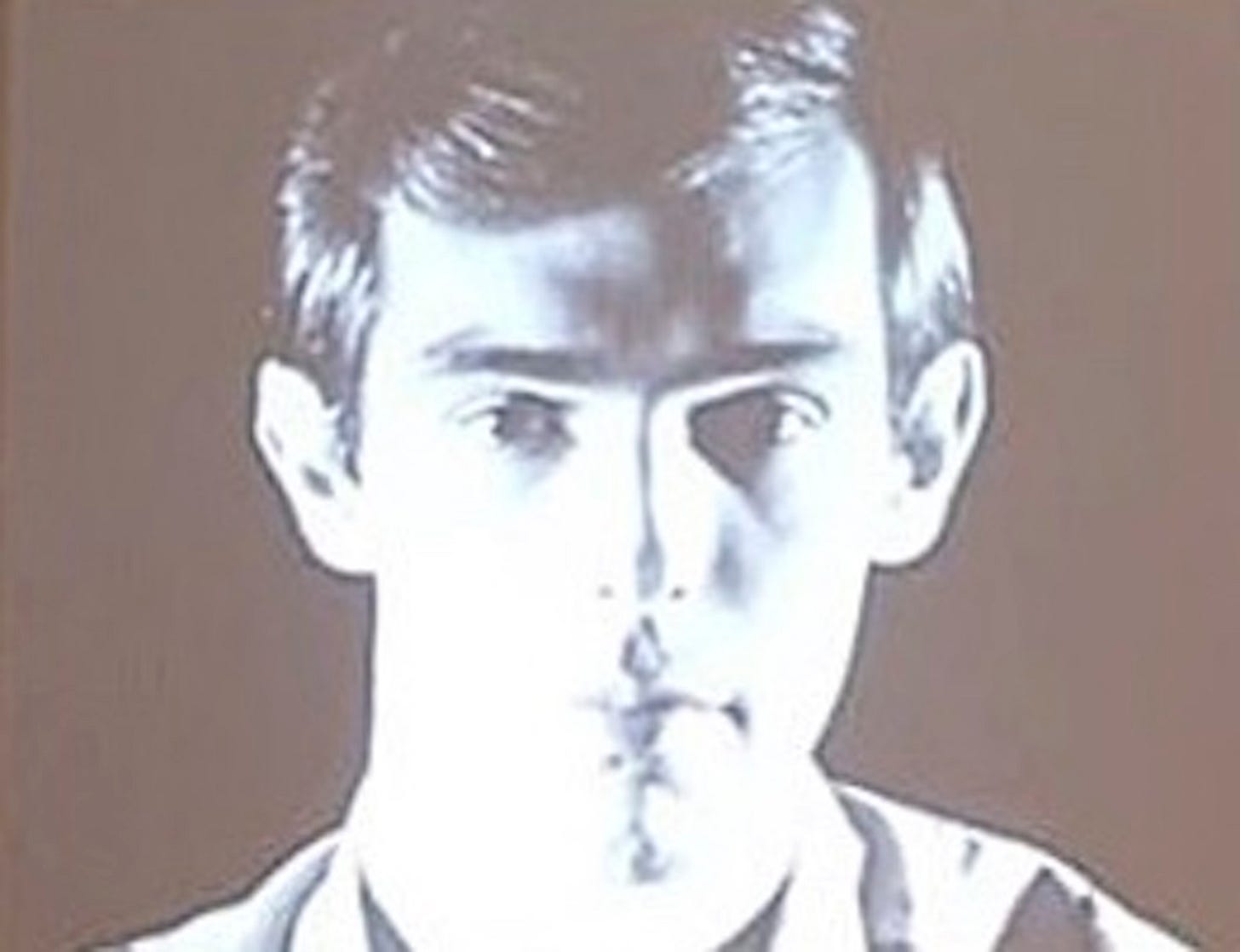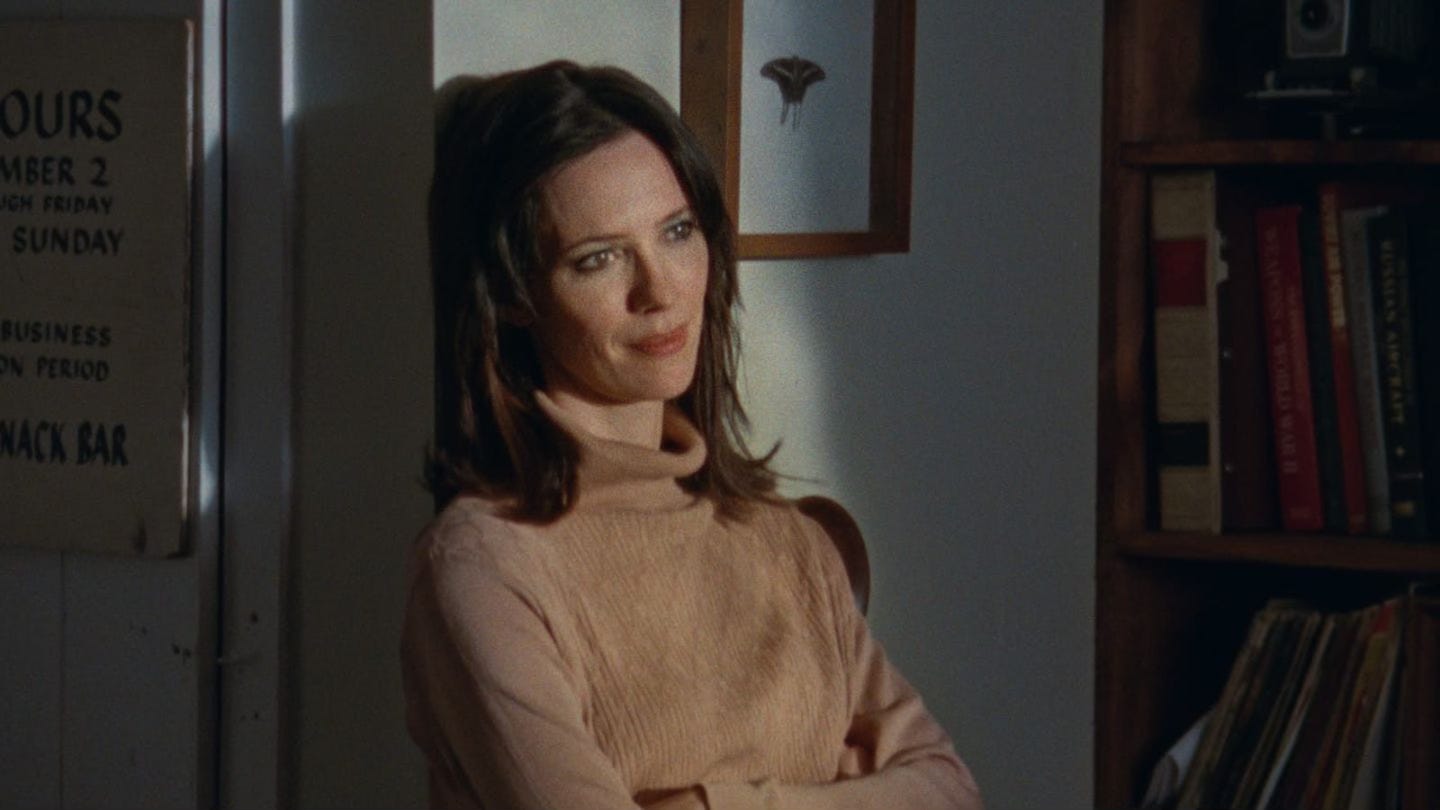Portrait of the Artist: A Review of 'Peter Hujar's Day'
Ira Sachs, his source material a transcript, resurrects a queer genius
November 7, 2025

I’ve been a fan of Ira Sachs ever since I featured his atmospheric, depressingly well-observed The Delta in Mandate Magazine (where I worked) back in 1996.
In that film, a middle-class teen (Shayne Gray) nervously cruising in Memphis winds up becoming involved with an unlikely potential mate, an older Vietnamese immigrant (Thang Chan). Like so many films set on or near water, it doesn’t end well.
Since then, Sachs has consistently offered challenging character studies unlike anything else in the creative marketplace, most notably 2012’s Keep the Lights On, in which a filmmaker (Thure Lindhardt) struggles to maintain a meaningful relationship with a man battling addiction (Zachary Booth) and — arguably his breakthrough — 2023’s passionately appreciated Passages, starring Franz Rogowski as an artist who is married to a man (Ben Whishaw) but strays with a woman (Adèle Exarchopoulos).
It feels suspiciously like Sachs just keeps getting better.
Defining who he is as an artist is the fact that — after the heights hit by Passages, which attracted Oscar buzz for Rogowski — he decided his next film would be, at least on paper, a dramatic reading of how real-life artist Peter Hujar (Whishaw again) narrated the events of a day in his life in to legendary journalist Linda Rosenkrantz (Rebecca Hall) back in the ‘70s.
It shouldn’t work, and it sure as hell shouldn’t be exciting, but Peter Hujar’s Day is a uniquely thrilling piece of filmmaking, and probably a film Sachs couldn’t have made until now, when he is at the peak of his powers.
The text for the film was suggested to Sachs when he learned Rosenkrantz had interviewed a series of artists decades ago, losing the tapes over time, only to discover a full transcript of Hujar’s interview existed.
In the text, Hujar tells Rosenkrantz about his day — with no expectations — which includes an appearance by Allen Ginsberg and is, in many other ways, far from the average person’s ordinary day.
It works as a film only because of the magnetic performances and the technical care Sachs takes in framing and lighting, even with limited opportunities to vary things from scene to scene.
This is the second time I’ve mentioned My Dinner with André in a film review recently, but it’s undeniably appropriate here, for a film that elevates the spoken word to poetry in a way that the possibility of boredom never enters the picture.
Whishaw has never been so assured as he is here, playing the famed black-and-white portraitist in a film that is itself a finely crafted dual portrait, and Hall nicely captures cerebral, scrappy Rosenkrantz (who is still with us at 91 and still a downtown original).
Hujar died of AIDS at 53 in 1987, but there is an undeniable queer seance quality to Peter Hujar’s Day, which brings him back to life in exacting detail, at least for 90 or so minutes. The movie feels as much of a historical document as it is an experimental dramatization of real-life events.
Finally, Peter Hujar’s Day is not only a tribute to Hujar and Rosenkrantz, but to that fabled version of New York City we are often reminded is lost, but never more vividly than via this work.
It’s so inspiring, one can almost suspend disbelief long enough to wonder if that lost city might one day be found again, in the same way Hujar’s lost words have been found, revered and restored.
Check out a recent Q&A featuring the director, his stars and Rosenkrantz:
Peter Hujar’s Day is playing at Film Forum in NYC now.⚡️




